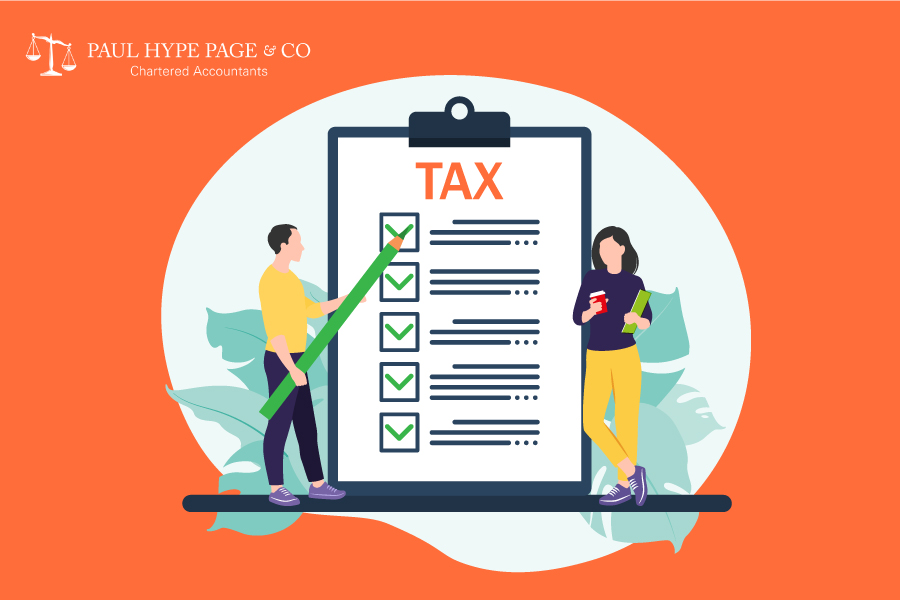Are you a business owner in Singapore looking to expand your operations and reach new markets? Considering entry into a new market or expanding an existing one overseas? The MRA grant offers the financial boost you need to make it happen. This grant aims to help businesses enhance their international competitiveness and expand their footprint in new markets.
What is the Market Readiness Assistance (MRA) Grant?
The purpose of the MRA grant is to support Singapore owned businesses for business development, promotion, and set-up costs when you enter a new foreign market for expansion.
Due to the disruptions caused by the COVID-19 pandemic, implemented enhanced grant support levels for a limited time period. This aims to promote the revitalization of the economy and aid Singapore businesses in building greater resilience following the pandemic.
Related Read: How To Use CPF for Homeownership in Singapore: An Essential Guide 2024
Key Benefits of Singapore MRA Grant
The Singapore Market Readiness Assistance (MRA) Grant offers numerous benefits for businesses venturing into international markets.
Up to 50% of Eligible Costs Covered
The grant covers up to 50% of eligible costs for Local SMEs, with specific caps for different activities and limited to a maximum of S$100,000 per new market and may include:
Currently, from April 1, 2023 to March 31, 2025, the grant covers up to 50% of eligible costs, capped at S$100,000.
Important Note:
- Each MRA grant application is restricted to one activity per overseas market,
- No pre-approved vendors. However, companies should select a consultant from EnterpriseSG’s list for Free Trade Agreement (FTA) and Trade Compliance consultancy services.
- All MRA claims are subject to audit by EnterpriseSG’s Pre-Qualified Panel, with audit costs supported by EnterpriseSG, as per the Letter of Offer. Companies must ensure all necessary documents are submitted to their chosen auditor before claiming via the Business Grant Portal.
Our Singapore Market Expansion through MRA Services
With deep expertise in facilitating market expansion across Singapore, Malaysia, Indonesia, and Hong Kong, we specialize in leveraging the Market Readiness Assistance (MRA) Grant to empower businesses. Our comprehensive understanding of grant requirements and proven success in navigating complex applications make us the trusted partner for companies aiming to venture into international markets. Let us streamline your MRA application process, ensuring swift approval and a seamless path to expanding your global presence.
Experienced Business Consultants
Our 2 Decades of Proven Expertise Will Guide Your Business
With over two decades of experience across Singapore, Malaysia, Indonesia, and Hong Kong, we have facilitated the successful incorporation of more than 2,000 companies in diverse jurisdictions. In Singapore, our expertise shines through our high success rate in securing work passes and navigating intricate regulatory landscapes, showcasing our unwavering dedication to client success. As trusted advisors, we leverage strategic networks and deep market insights to empower businesses, ensuring seamless incorporation processes and a robust foundation for growth in Singapore’s competitive business environment.

Eligibility Criteria and Requirements for MRA Grant
Application Process for the MRA Grant in Singapore
MRA Grant Checker
Find Out Your MRA Grant Amount!
Connect with us to explore how the MRA Grant can support your business expansion!
Tax Incentives for Singapore Businesses
Singapore’s tax incentives play a crucial role in fostering business growth and international expansion. These incentives are design to attract foreign investment, promote innovation, and enhance competitiveness in the global marketplace. Key aspects of Singapore’s tax framework include:
Frequently Asked Questions
We’ve handpicked the top questions that we get asked a lot when it comes to MRA Grant in Singapore.
MRA Grant Guides
Access guides and content on MRA and business expansion below.
Here are usually get from SMEs as MRA consultants regarding MRA FAQ Grant.
If you are intending to expand overseas, these are the best countries in Asia for business expansion from a corporate tax perspective
Are you considering incorporating a company in Singapore while tapping on the business grants available? Read on to find out the grants for SMEs and startups!
Here are some factors that you should consider and questions that you should ask them.






